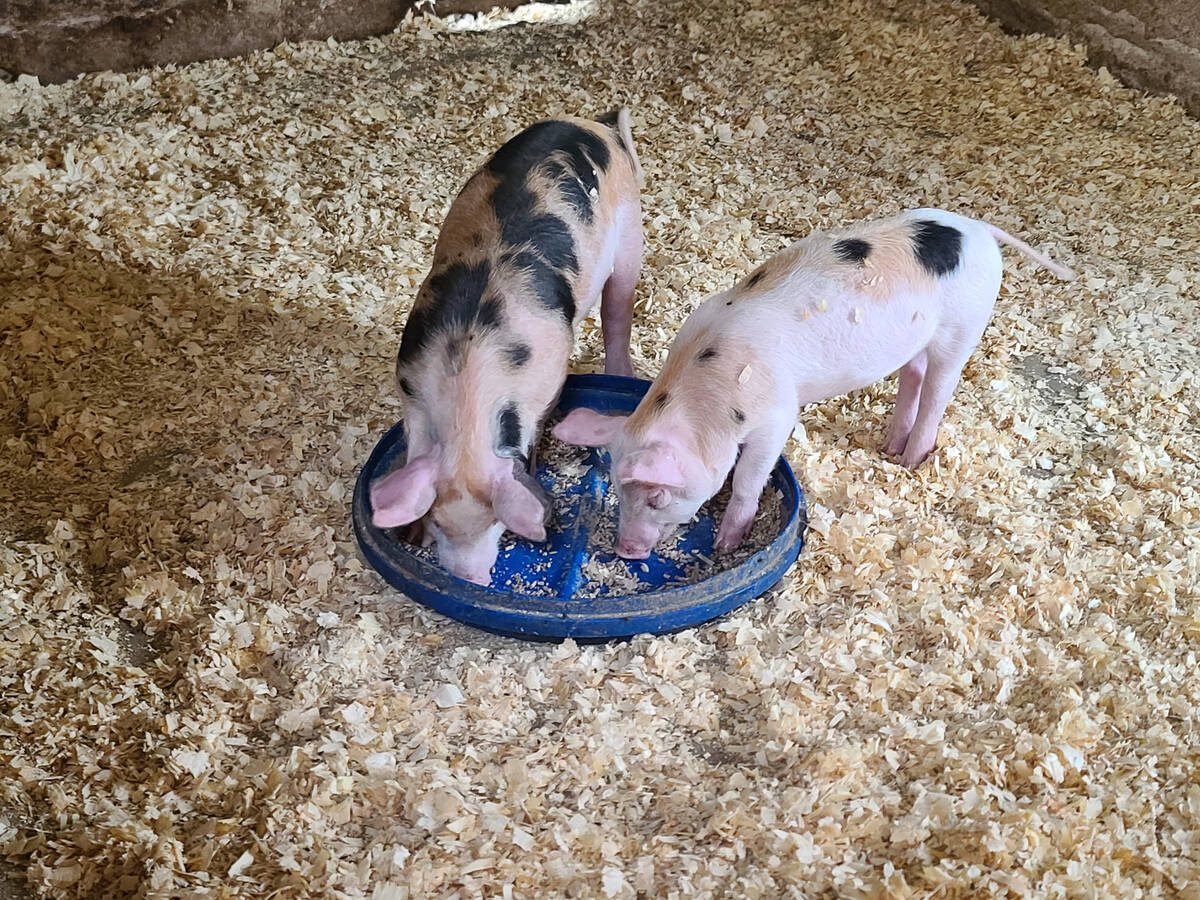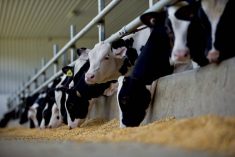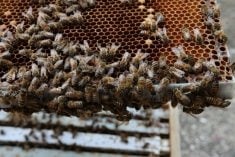Newcastle disease has been detected on two commercial pigeon operations in British Columbia’s Fraser Valley.
The Canadian Food Inspection Agency said in a June 19 notice to industry it’s the first time the virus has been detected in a commercial operation in Canada since 1973.
The disease, caused by the avian paramyxovirus type 1, is highly contagious and can infect both domestic fowl and wild birds. According to the World Organisation for Animal Health (WOAH), Newcastle Disease can present clinically very similar to avian influenza, including a drop in egg production, respiratory distress, nervous signs (such as tremors, paralyzed wings, head and neck twisting) and diarrhea. Mortality can be variable.
Read Also

African swine fever risk tightens feed ingredient trade rules with Taiwan
Plant-based ingredients bound for Canadian livestock feed will have stricter trade rules if the shipments come from Taiwan, following Canadian Food Inspection Agency changes
To minimize trade disruptions, the CFIA has set up primary control zones 10 kilometres around each of the infected premises. The agency said the infected birds have been depopulated and a thorough cleaning and disinfection of the premises must be completed to help prevent spread of the virus to other poultry premises.
Poultry producers in the area are encouraged to practice heightened biosecurity as the disease is mainly transmitted by direct contact with diseased or carrier birds. The CFIA said infected birds may shed the virus in their feces, contaminating the environment. The virus can survive for days in litter, feed, water, soil, carcasses, eggs and feathers. The disease spreads rapidly among birds in close confinement.
The virus can also spread unintentionally through the movement of contaminated material, footwear and equipment.
Most commercial broiler, turkey, layer and breeder flocks in Canada are vaccinated for the disease.
The CFIA said Newcastle disease is not a food safety concern.













